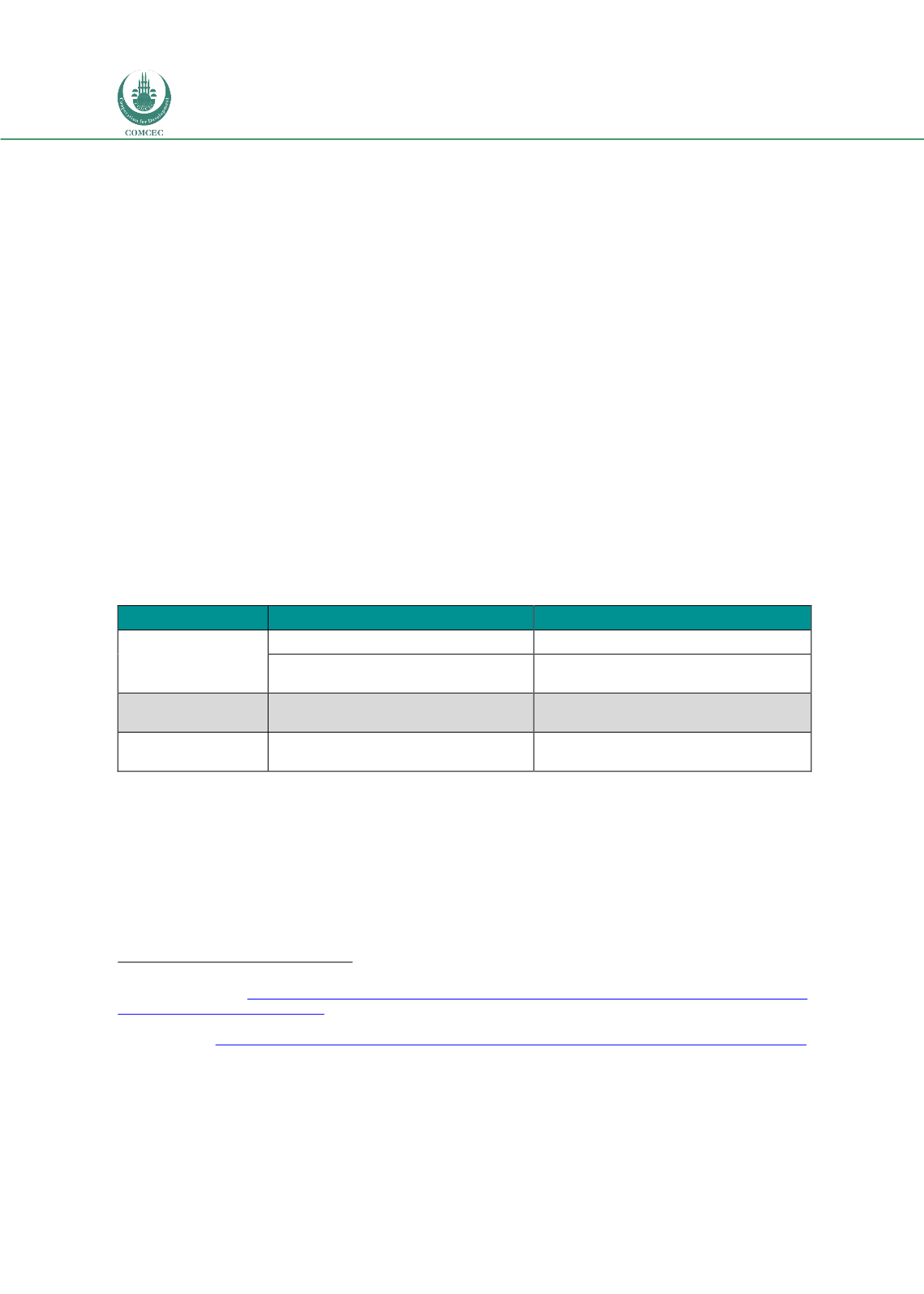

Forced Migration in the OIC Member Countries:
Policy Framework Adopted by Host Countries
172
fees, and financial support from the national level. The national government also provides
supplemental funding to cover services to asylum seekers.
Access to health care
All asylum applicants are entitled to a free, voluntary health check after they file their
claims.
237
The health checks are intended to help authorities identify any particular needs or
health concerns that may require special treatment, but in practice it can be difficult to reach
everyone who is eligible to receive a check. In 2014, the Association of Municipalities and
Counties reported that 44 percent of new arrivals completed the health checks, although this
rate varies by municipality.
238
Urban areas tend to have better participation than rural
regions; in Stockholm, for example, authorities estimated about half the asylum seekers in the
county received health checks in 2015,
239
and in Malmö, about 70 percent received checks.
240
In addition to the health checks, adult asylum seekers have the right to emergency care and
treatment for chronic conditions that “cannot wait,” and are charged a subsidized fee for such
services.
241
As permanent residents in Sweden, recognized protection beneficiaries receive
access to full care services, although they are no longer eligible for reduced fees. Children,
regardless of their status, also receive full access to the healthcare system, including
preventative care, and in most counties medical care for children is free.
Table 15: Health benefits provided to asylum seekers and protection beneficiaries
Type of care available
Fees
Asylum Seekers
Voluntary health check
Free
Emergency care and treatment for
chronic conditions
50 SEK
(USD 5)
Protection
Beneficiaries
Full healthcare services
Same fee as Swedish residents
Unaccompanied
Minors
Full healthcare services
Free
Practical barriers to service provision
While both asylum seekers and protection beneficiaries have broad rights to benefit from
health services in Sweden, operational issues can pose challenges to enjoying these benefits in
practice. Inaccurate or inadequate information may prevent or deter asylum seekers from
participating in health checks. The Swedish Red Cross, for example, suggested asylum seekers
may not always fully understand the purpose of the checks, or may fall victim to rumors that
the results of the checks will influence asylum procedures.
242
Costs can also be an issue.
237
1177 Vårdguiden, “Healthcare in Sweden for asylum-seekers, people with no papers and people in hiding,” updated
November 23, 2015,
http://www.1177.se/Other-languages/Engelska/Regler-och-rattigheter/Vard-i-Sverige-om-man-ar- asylsokande-gomd-eller-papperslos/238
Olle Olsson and Jonas Eriksson,
Hälso- och sjukvård åt asylsökande under år 2014
, (Stockholm: Sveriges Kommuner och
Landsting, 2015
) http://skl.se/download/18.e79aa5215143dd034b46c84/1449741394836/SKL-asyluppfoljning-2015.pdf239
Interview with Anne Öster and Annelie Rostedt, Work and Social Affairs Office, Stockholm County Administrative Board,
April 12, 2016
240
Interview with Christina Stahl, Director for Patient Questions, Department for Health, Region Skane, April 14, 2016; 1177
Vårdguiden, “Healthcare in Sweden for asylum-seekers, people with no papers and people in hiding”
241
1177 Vårdguiden, “Healthcare in Sweden for asylum-seekers, people with no papers and people in hiding”
242
The Red Cross has encountered rumors that, for example, the checks are intended to weed out those with poor health, or
conversely that the checks were mandatory, which caused a great deal of concern among those who had chosen not to
















